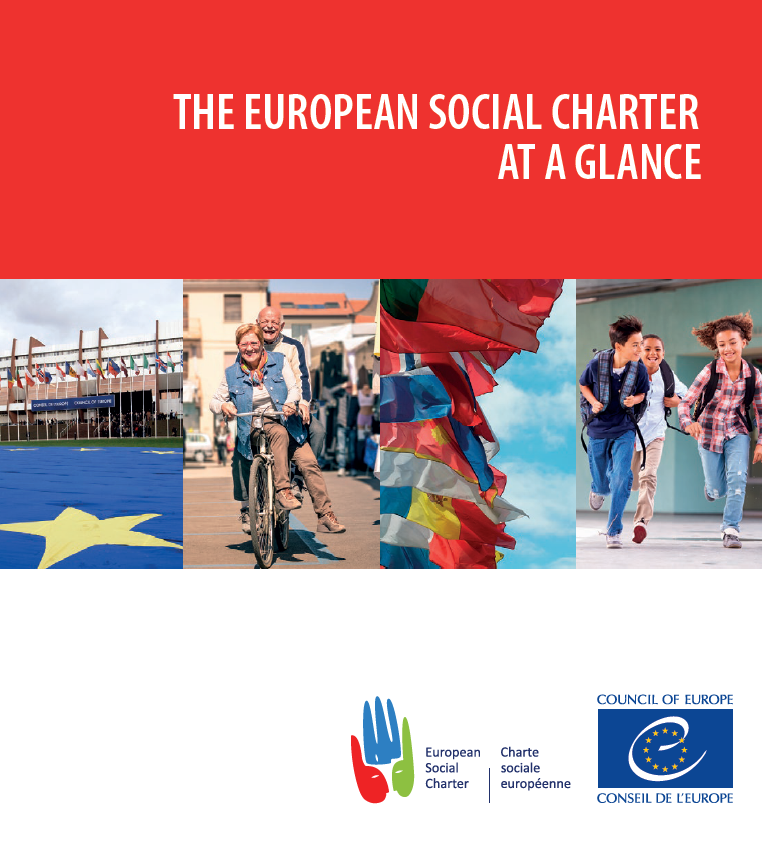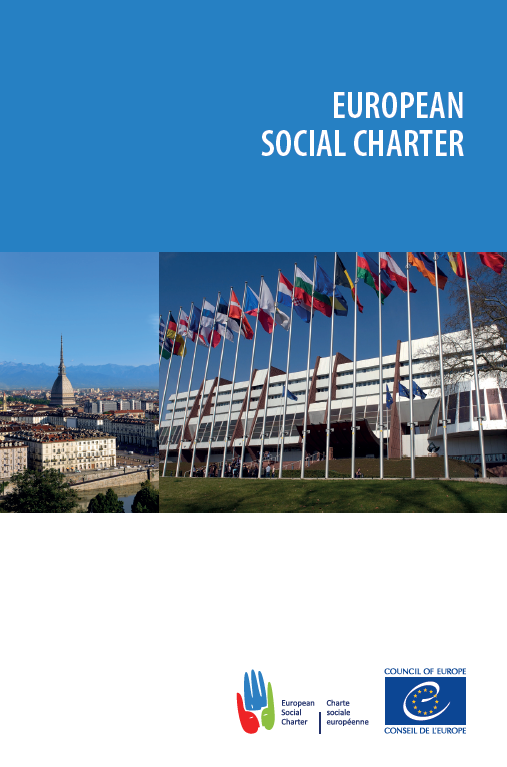The Council of Europe and the Austrian Development Agency together with national partners launched today a project focused on enhancing the observance of social labour rights in the Republic of Moldova. The project aims to ensure the implementation of international standards and facilitate the access of persons from vulnerable groups to vocational education and training and their subsequent employment.
“This project is very valuable for us because it encompasses one of the Austrian Development Agency’s key principles of the cooperation with the Republic of Moldova: «Leave no one behind». Thus, we focus on vulnerable groups, ethnic minorities, people with disabilities, people from rural areas to better integrate them into the labour market. This project is very timely as there are many ongoing reforms such as the reform of the State Labour Inspection and other necessary measures to implement the commitments that the country has assumed. The essence of this intervention is the alignment of the national legal framework with European standards to promote and protect social rights and the right to employment, stated H.E. Stella Avallone, Ambassador Extraordinary and Plenipotentiary of the Republic of Austria to the Republic of Moldova
The project “Enhancing employment rights in the Republic of Moldova” is the first Council of Europe fully-fledged project implemented in the field of social labour rights in the Republic of Moldova. To be carried out from 2023 to 2025, the project will strengthen the capacities of public officials to promote and protect social and employment rights, particularly employment rights of persons from vulnerable groups, in line with international standards. In addition, it will assist the vocational education and training institutions to become more inclusive, gender sensitive and better able to identify, attract, girls and boys as well as women and men from vulnerable groups. It will further facilitate the access to the labour market for persons from vulnerable groups in the vocational education and training system.
“Vulnerable groups often face discrimination in the labour market and may have limited access to vocational education and training. It is important to ensure their inclusion and provide them with equal opportunities to acquire skills and find employment. The ambitious project launched today considers it as a priority for action in the Republic of Moldova. The Council of Europe’s European Social Charter guarantees a broad range of everyday human rights related to employment, housing, health, education, social protection, and welfare” mentioned Giulia Re, Head of Council of Europe Office in Chisinau a.i.
The project “Ensuring employment rights in the Republic of Moldova” is part of the Council of Europe Action Plan for the Republic of Moldova 2021-2024 and is co-funded by the Austrian Development Agency and the Council of Europe.










